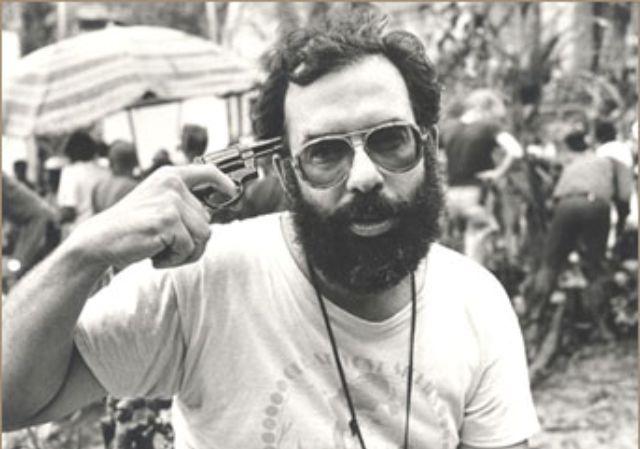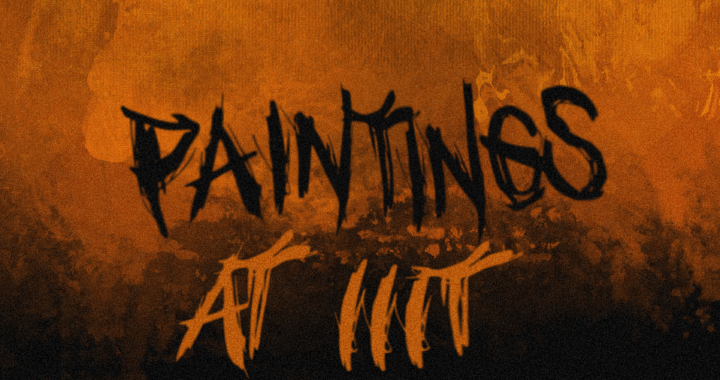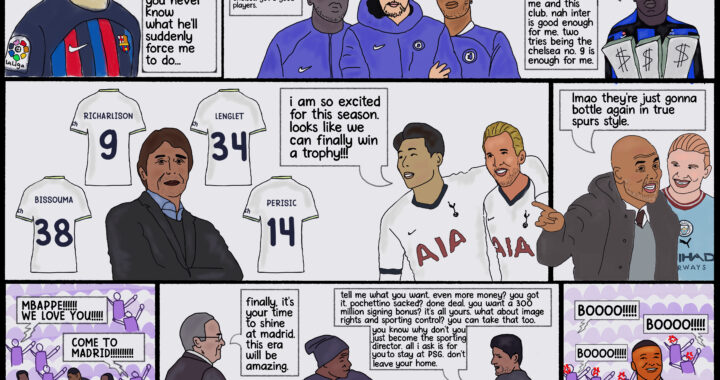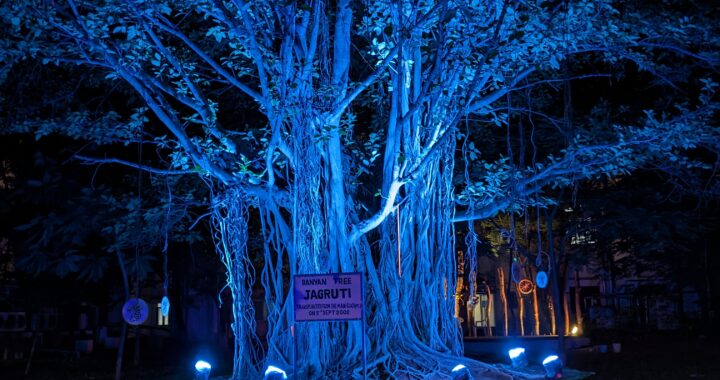A Filmmaker’s Apocalypse

Francis Ford Coppola is one of the most gifted filmmakers of all time, having contributed to the Hollywood cult classic “The Godfather”, besides other masterpieces such as “The Godfather: Part II” (1974), “Patton” (1970) and “Apocalypse Now” (1979). He is one of only six people to have won Oscars as Producer, Director and Screenwriter. And he, along with his filmmaker daughter, Sofia Coppola (known for “Lost in Translation” (2003)) constitutes the only father-daughter pair to have won Oscars. Enough said?
He was known to be a daring filmmaker. The tussle between Coppola and Paramount while filming “The Godfather” is famous. The producers and Coppola were split in almost every aspect of production – the cast for every role, the scenes; virtually everything. At one stage, Paramount was ready to fire him, but could not do so due to pressure from the lead actor, Marlon Brando, who threatened to quit if Coppola was fired. And eventually, the film came out as one of the greatest, if not the greatest, ever.
Another famous episode in Coppola’s filmmaking life was “Apocalypse Now”, which he directed and produced. Production problems including bad weather, actors’ health and other issues delayed the film, increasing costs and nearly destroying the life and career of Coppola. Ironically enough, this time around, Marlon Brando’s behaviour on set added to Coppola’s problems, though not too significantly. The film “Tropic Thunder” (2008) draws inspiration from this episode. Later, Coppola famously said, “We were in the jungle, there were too many of us, we had access to too much money, too much equipment, and little by little we went insane.” Despite that he came out with yet another masterpiece.
Coppola was a passionate filmmaker, going by his gut, following his heart. However, can you follow your passions blindly forever?
In 1982, Coppola’s arguably the most ambitious film, “One from the Heart”, failed miserably at the box office, making some $640,000 against the $26 million cost in making. The movie was intended to be an antidote to the enormous budget and production problems encountered during “Apocalypse Now”. The film was mainly shot on sound studio stages, and initially had a budget of just $2 million. Yet Coppola ambitiously took the production cost up to $26 million.
Eventually, in 1983, Coppola went on to file for Chapter 11 bankruptcy for his main production company in 1990, and later for personal bankruptcy protection, in 1992. Coppola has said that most of the films he made in the 1980’s and most of 1990’s were done only for financial reasons. He was even compelled to start a hotel business, and other commercial ventures, to recover the money he had lost.
In fact, the third installment in “The Godfather” legacy, released in 1990, was an outcome of only the financial troubles he faced. While he and his co-writer did not want to make another Godfather film, and later had the intention to name this movie “The Death of Michael Corleone”, they were compelled to keep it “The Godfather: Part III”, so that the movie collects the expected revenue. Robert Duvall, who portrayed Tom Hagen in the first two movies, even refused to take part in the third one, saying that the only reason why anyone wanted to make another Godfather picture after so many years was to make money.
“The Godfather: Part III” could not repeat the magic of the first two movies in terms of critical acclaim, though it was a hit at the box office. Coppola’s subsequent movies found neither critical acclaim nor major box office collections, with the exceptions of “Bram Stoker’s Dracula” (1992) and “The Rainmaker” (1997), but even these films could not repeat the success Coppola had achieved in the 1970’s.
So, in the end, did money overpower passion? I would say that it was not that simple.
Had Coppola not followed his passion blindly, and given in to the circumstances, we would not have masterpieces such as the first two parts of “The Godfather”, “Apocalypse Now” or “Patton”. But then, had he been slightly less ambitious, he probably would not have to face the disaster he did due to “One from the Heart”. Also, he would not have had to make movies purely with a monetary motive, and probably we would have had a couple of more masterpieces to watch and enjoy.
Yet, he shall go down in history only as a daring, passionate, and talented filmmaker, who faltered, and not just once, yet came out stronger every time. And who knows, he might still have a couple of masterpieces left to contribute? I certainly hope he does!
– Neelesh Agrawal
P.S. – You might like to watch “Hearts of Darkness: A Filmmaker’s Apocalypse”, the documentary on the making of Apocalypse Now, from which this article derives its title. Also, if you haven’t watched any of the movies from his aforementioned masterpieces from the 1970’s, please do! You’ll have one hell of a time!

 Paintings of IIIT
Paintings of IIIT  Football: The 2022/23 Pre-Season Saga Illustrated
Football: The 2022/23 Pre-Season Saga Illustrated  What If Online Was The Norm
What If Online Was The Norm  Not For Long
Not For Long  A perspective on sports in IIIT
A perspective on sports in IIIT  The Tale of Jagruti
The Tale of Jagruti  Cleaning up the Mess?
Cleaning up the Mess?